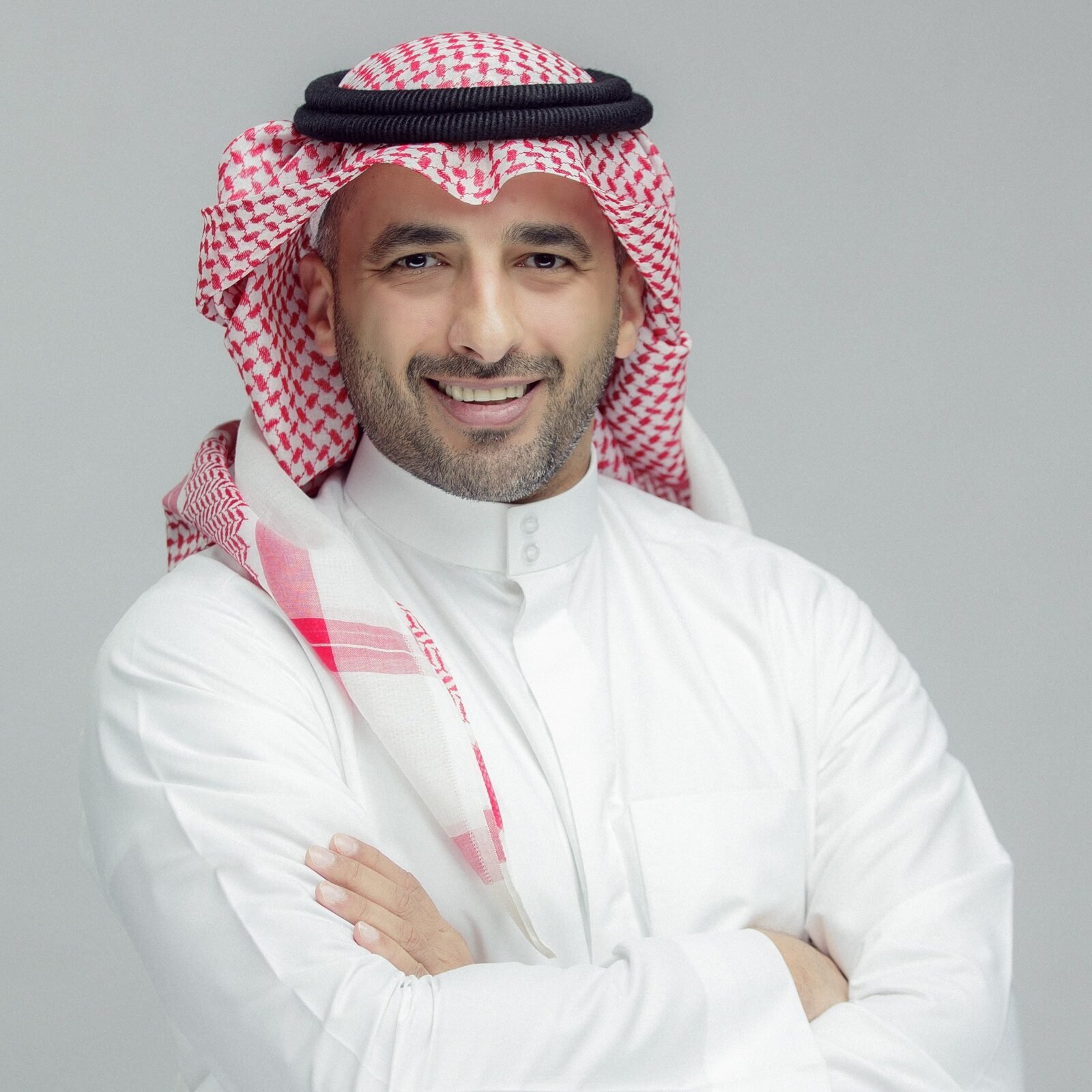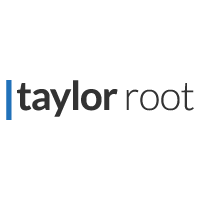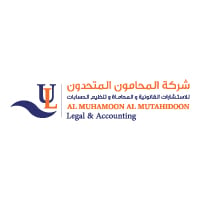

Group Chief Legal Officer and General Counsel | Saudi Arabian Military Industries (SAMI)










Abdulaziz Albassam
Group Chief Legal Officer and General Counsel | Saudi Arabian Military Industries (SAMI)
Dr. Abdulaziz Albassam is the Group Chief Legal Officer (CLO) and General Counsel (GC) of the Saudi Arabian Military Industries (SAMI). He is directly responsible for advising the Board and Executive Management on a broad range of corporate issues relating to SAMI’s acquisitions, joint ventures and commercial activities; as well as leading and scaling-up the legal team to meet the company’s long-term aspirations.
Prior to joining SAMI, Abdulaziz was a Senior Counsel at Saudi Aramco, a member of its Project Development & Finance team and the Corporate Secretary to several of its local and international subsidiaries, including Aramco’s global hub in the Netherlands, Aramco Overseas, where he most recently served as the resident Chief Counsel between 2016 and 2020.
Abdulaziz holds a Bachelor of Science degree in Chemical Engineering from Tulane University, a Doctor of Jurisprudence degree from Tulane Law School, and executive management and business degrees from the Harvard and London Business Schools. He is a licensed attorney by the District of Columbia Bar Association, a Certified International Compliance Professional by the Compliance Certification Board, a Certified Board Director by the GCC Board of Directors Institute and an active member in various professional and social affiliations, including the American and International Bar Associations, Tomouh, and the Saudi Judo Federation (where he currently serves as President). He is also an inaugural member of the Saudi Leadership Society and the Misk 2030 Leaders Program – two exclusive initiatives launched by the Mohammed Bin Salman Foundation (Misk) in 2022.
How do you approach managing legal aspects during periods of instability or crises, and how does your legal strategy align with the broader business strategy to ensure the organisation’s resilience?
My strategy is centered on the proactive management of legal risks and resources. Such a strategy is implemented and periodically refined through a sequence of deliberate steps. The first step (the ‘assessment’) involves an assessment of the company’s current and emerging needs by incorporating feedback from interviews, surveys, benchmarks and operational data. The second step (the ‘diagnosis’) involves identifying the emerging trends, strengths, pain-points and development areas to incorporate into the target-state legal operating model. The third step (the ‘design’) involves designing and prioritising the recommendations and actionable initiatives based on the demand for our legal services and the long-term objectives of the organisation. Finally, the fourth step (the ‘implementation’) involves staffing and leading working groups to execute the recommendations and initiatives.
The sequence, which is performed annually, creates a continuous feedback loop that ensures SAMI’s legal operating model remains current and in-line with the company’s strategic priorities and commercial activities. Below are some of the initiatives I was able to implement with the support of my team since joining SAMI:
To improve the working relationship with internal stakeholders, we launched initiatives that were aimed at enhancing the transparency and flow of information between lawyers, clients and management. This included establishing clear reporting lines and engagement touchpoints; and leveraging technology to enhance the daily routing, monitoring and archiving of legal tasks.
To fuel organisational effectiveness, we replaced the group-based approach to professional development with a personalised approach that is bespoke to the unique strengths and interests of each lawyer; while defining clear career paths that dovetail with the company’s long-term objectives and needs. We also provided attorneys with greater operating leverage by hiring interns, paralegals and contract managers; while raising the level of integration with the legal functions at other affiliates.
To manage costs, we focused on deepening SAMI’s partnerships with its law firms; while leveraging technology to actively monitor and control spend on external fees. We also negotiated alternative fee arrangements, step-up credits, discounted rates and ‘soft dollar’ asks (such as free literature and training), all to maximise SAMI’s return from its legal engagements.
What are the main cases or transactions that you have been involved in recently?
Since joining SAMI in early 2021, I have successfully led the negotiations and closing of 9 joint ventures with global defense powerhouses1; along with a multitude of agreements to develop and upgrade the Kingdom’s defense systems. I have also led the acquisition of 3 businesses to supplement SAMI’s capabilities and accelerate its long-term objectives2. The negotiations were led almost exclusively by a small team of in-house lawyers, resulting in a high operational yield and significant savings in our external counsel costs, without undermining the level or quality of our legal services.
I have also worked to secure a favorable ruling from the EU Competition Authority, which enabled SAMI to assert full independence from its sole shareholder (PIF) for merger control purposes; and, thus, to avoid seeking merger approvals in the jurisdictions where PIF is generating revenues from. This extraordinary and nearly unprecedent result for a wholly owned company has translated into an estimated cost saving of circa SAR 20 million to date, representing the cost of filing for antitrust approvals in foreign jurisdictions.
As a direct result to these efforts, SAMI clinched a first for the Arab world in 2022: the company became the first Arab corporation to break into the top 100 global defense companies in terms of revenue, surpassing companies that are decades into this sector. Today, the company is ranked 75th and is on-track to break into the top 25 by 2030.
Chief Legal Officer | King Salman Park Foundation (KSPF)